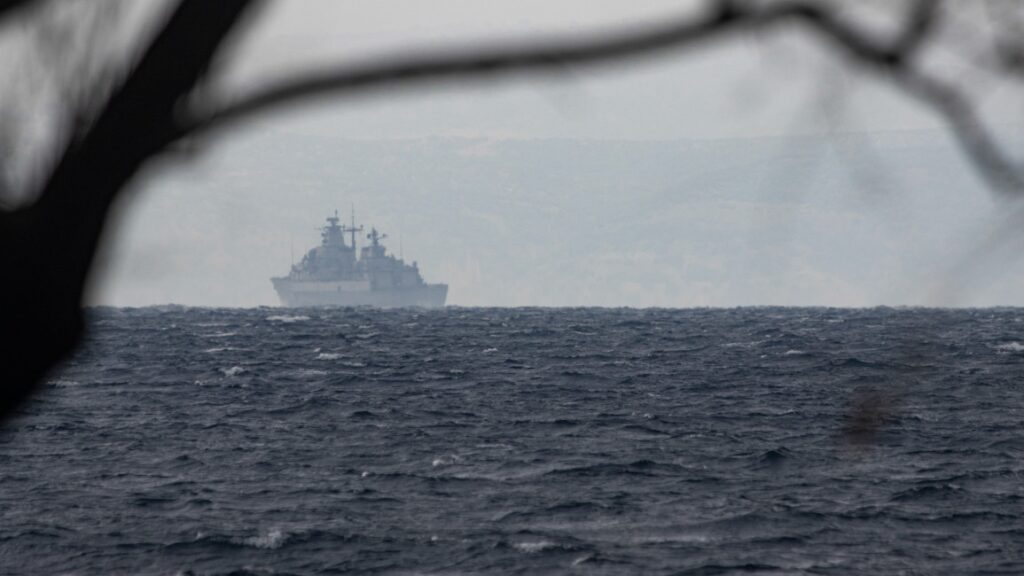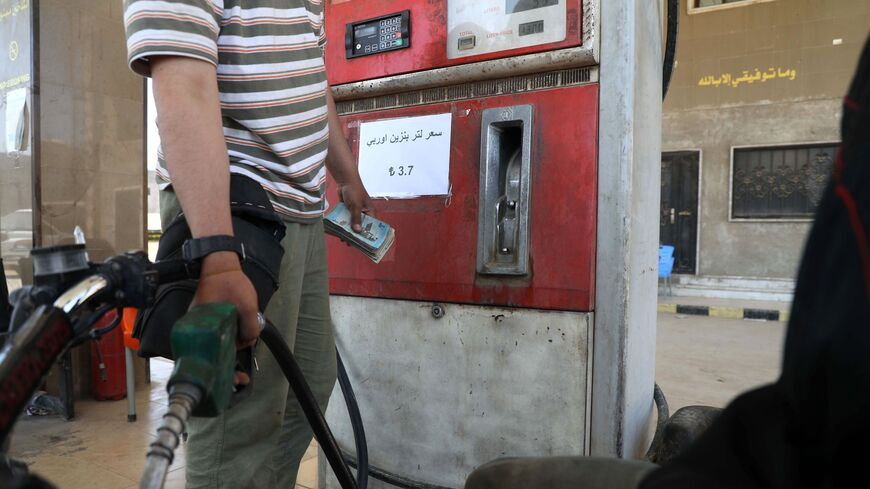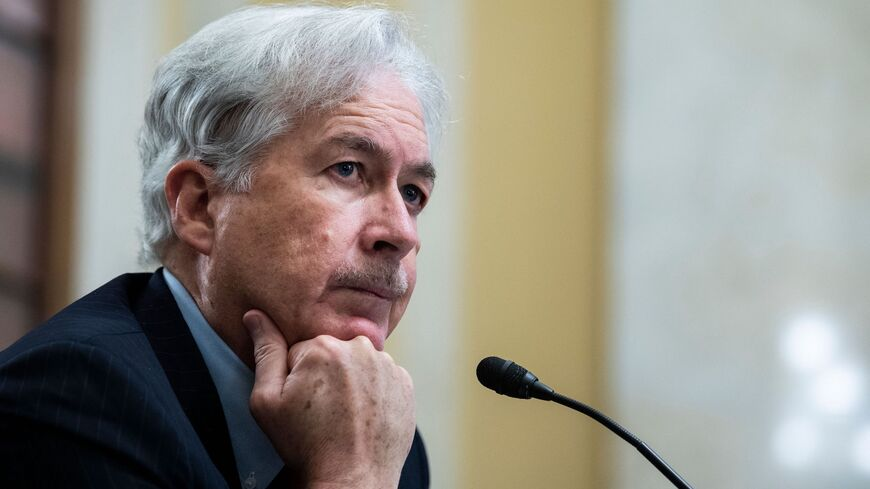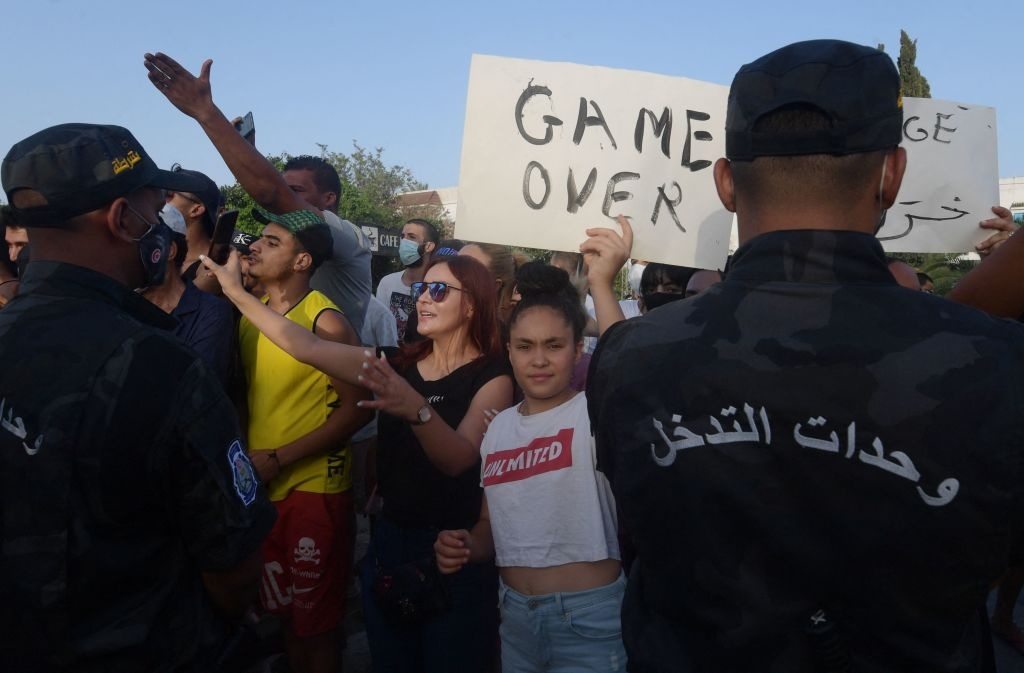Explosion reported on ship at Syria’s Latakia port, fire put out

An explosion at the Latakia port in Syria on Tuesday left an unidentified ship on fire, according to local reports, with some suggesting that the affected vessel had been used to transfer Iranian oil to Syria in the past.
Smoke was seen billowing from a ship moored at Latakia port and identified by the TankerTrackers.com monitoring website as the Wisdom, a Panama-flagged, Beirut-registered vessel, which was previously targeted by a mysterious explosion this year.





